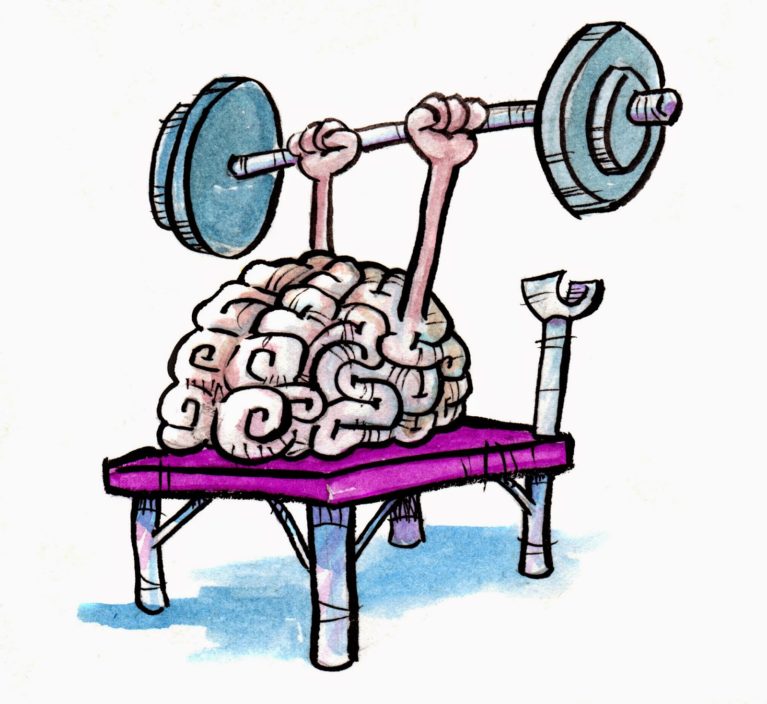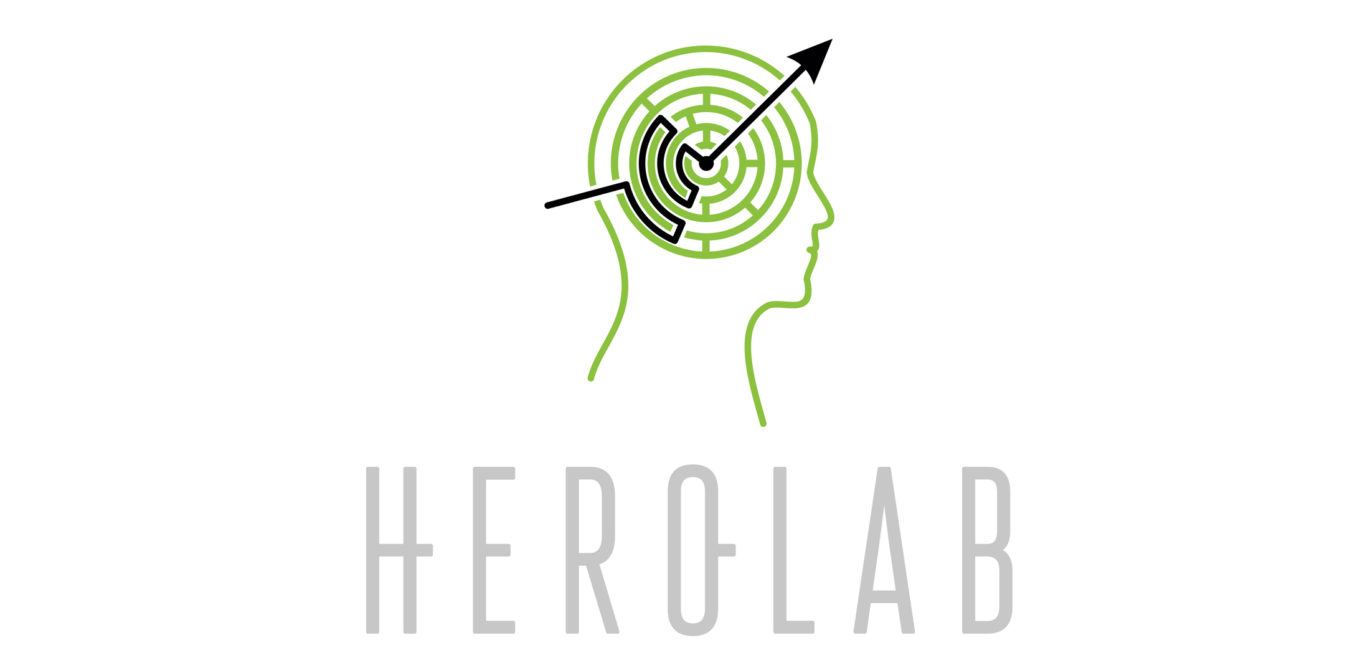There is a simple reason why the ability to focus, on the right things, in the right ways, at the right time, is critical to performance! Your mental focus, before, during, and after any given performance determines what you are aware of and, to a great extent, how you will respond when challenged. We think of information as the currency of performance. The more informed you are, at all levels, the better you are likely to perform.
The ability to focus, among other things, improves the accuracy of the mental maps you use to navigate your world. As early as the 1930’s Alfred Korzybski had already presented a strong case for the idea that humans could not experience reality directly, but only through symbolic “abstractions” that are comprised of sensory signals which are are further informed by linguistic descriptions and weighted by emotions and mental perspective. His quote “The Map is not the Territory” is even more of an understatement than he could have imagined at the time.
Modern neuroscience has since confirmed that human beings do, in fact, experience the world through a representative mental map that our brains create and maintain. The map combines “signals” from the world with patterns derived from previous experiences in order to create a kind of “virtual world” in our brains. That world, is the only one we know. This map helps our brains to quickly recognize significant patterns from sources both inside and outside of our brains and bodies in order to determine how we should react. This very sophisticated process is at play even when we perform the simplest tasks. Our brain must use them in order to determine what we will notice about the experience, both consciously and subconsciously. That process, in turn, has a huge impact on how we will react, respond, and perform in any situation. Suffice to say that if your mental map is way off you will find it tough to react effectively to what’s actually going on around you.
You brain is tasked with assessing the relevance of a large stream of information each and every instant, especially when you perform under pressure in a challenging or creative task. Our brains must constantly decide which channels of information among all the streams available are worth paying attention to at every moment. To make the matter more complicated, your brain must steer a relatively narrow band of this information into your conscious awareness and at the same time direct others to trigger subconscious reflexes, habits, and processes. It should not shock you that the more effective your brain is at tracking relevant information and ignoring irrelevant or distracting information you will perform better, regardless of the task or situation. Again, this is especially true for anyone who has to be creative, intuitive, and decisive under pressure.
Your mental maps are encoded into the hardware (structure), software (thoughts, ideas, beliefs logic), and firmware (habits, reflexes, creative intuitions) of your brain. Some of these patterns exist without your awareness at all. Many of these are nonetheless critical to your real time performance.
Needless to say, the accuracy of your inner maps of the world are very important. The more accurate they become, the more closely they represent the “actual” world and the more intuitively you will mentally track the right things at the right time, in the right ways, and perform at your best.
It is important to realize that your map also features a full “sketch” of a character in your world called “me”. Yes, each of us also has a mental map of ourselves that tends to be one of the least accurate (think about objectivity) in our file system. Of course this map has a particularly large impact on your ability to focus and perform at any given time. If you think of yourself as tall, cute, fit, witty, funny, or mentally tough, that’s all part of your map. Ditto if you think you are unlucky, over-weight, slow, or over reactive. It is not too hard to imagine why it is important to keep this part of your map up to date and accurate.
Fortunately, there is a practical way to sharpen up all of the sketches, ideas, and inferences that make up your mental map. Herolab’s Mental Skills (see link) development programs and in particular the Cognitive Logging (see link) method of data tracking is designed to make it simple to inform, update, and improve your mental maps so that you have an ever improving perspective on the things, ideas, and relationships you must understand intuitively if you are to serve your purpose and perform at your full potential.
If you are intrigued and eager to hunt down the parts of your your map that are not completely accurate, you can get started today. Read our post on Cognitive Logging, (see link) and download a copy of the log for yourself (it’s free). The process of journaling in this way will start you down the road to seeing your world, your challenges, and yourself more clearly. The next step is to get to work on building a complete and effective set of mental skills, starting with Focus Control (see link) and Stress Processing (see link), so that you can effectively “harvest” the valuable information that you will accumulate.
Not too long ago (Ok…a couple thousand years), there were plenty of very smart people who “knew” that we all lived on the surface of a giant disc. At the same time, others already had evidence that suggested that we might actually be parked on a globe. In more recent history, most of us us were quite certain that we could not fly or fit a dictionary in our pants pocket. Now all of us are equally certain that we can. Everyone’s sketch of the world has flaws and it most likely always will.
Someday soon we will all understand that the way things appear in our mind – what we see, hear, and experience – are representations used by our mental map to help us navigate and understand our universe. The importance of being curious, skeptical, and scientific about the things we “know” about our world, our friends, and ourselves will be as common as our knowledge of the shape of the moon. The value of improving our mental maps and the methods we will use to do it will be second nature.



Leave a comment